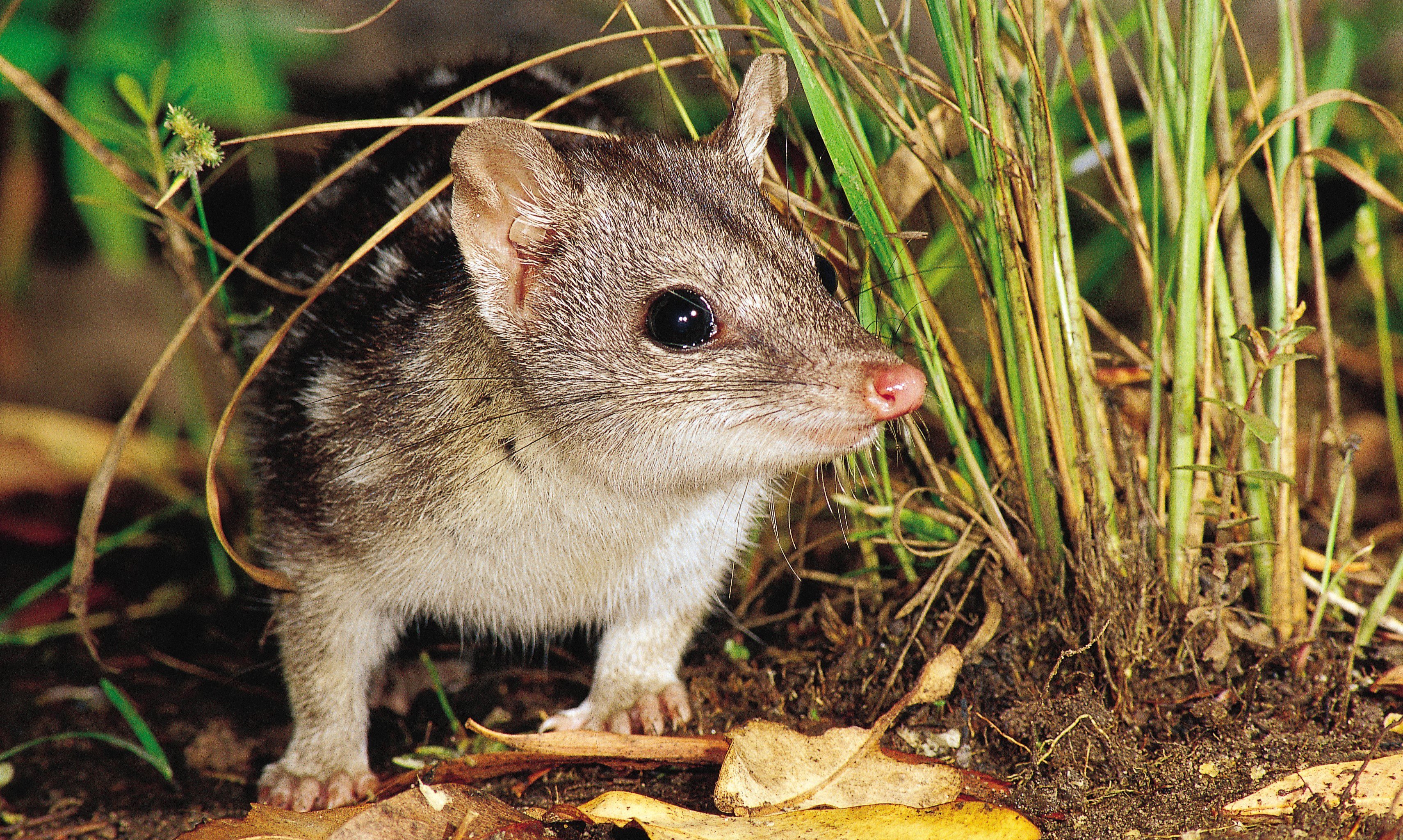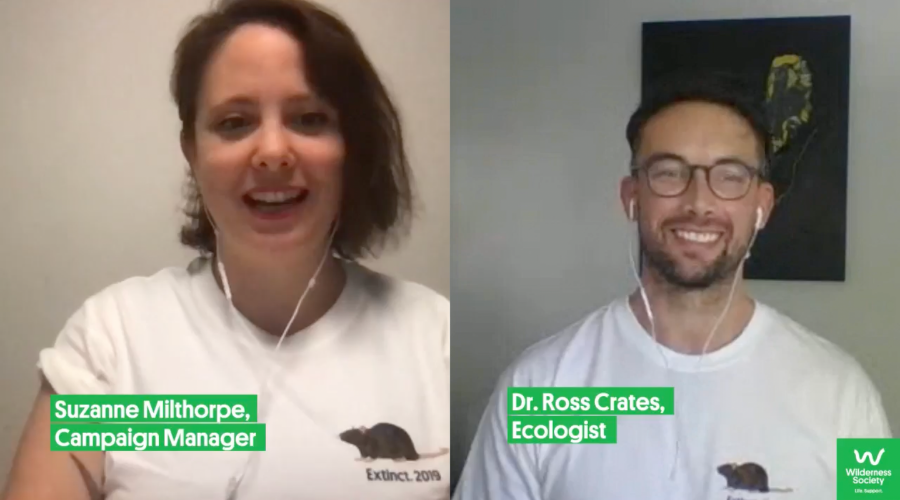Wilderness Journal
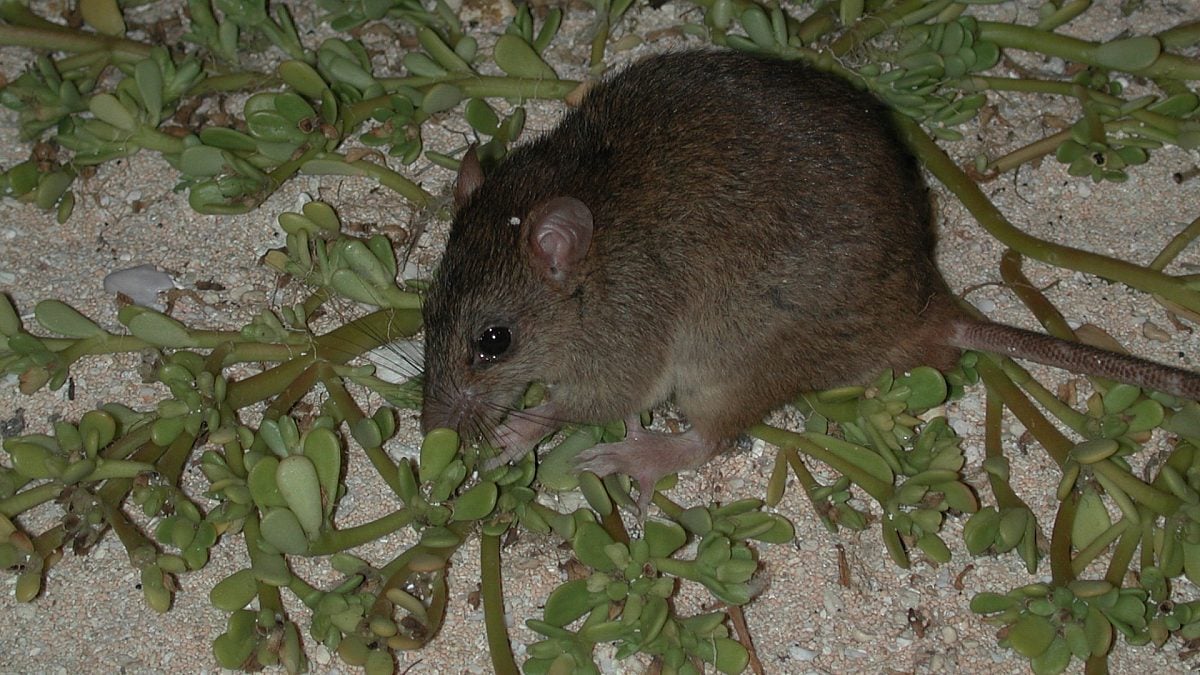
Bramble Cay Melomys Day
The Bramble Cay melomys was an Australian animal which had the misfortune of being the first mammal in the world to go extinct due to climate change. It should have lived.
18 February is Bramble Cay Melomys Day. But it wasn't just climate change that drove 'our little brown rat' to oblivion—it was the inaction of our government to fund the recovery plan that should have saved it. Now, we look at what needs to change. (Image above: Queensland Government – Department of Environment and Science)
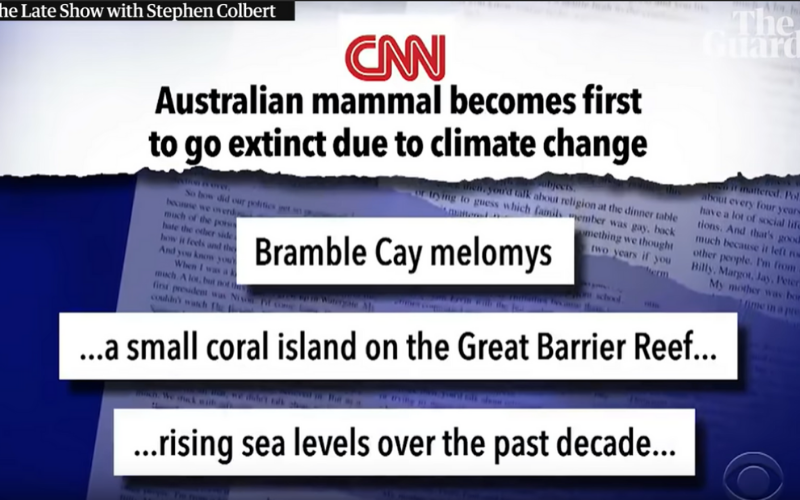
The first of its kind—and also the last
In 2019 Wilderness Society Federal Policy Director Tim Beshara spotted, in the fine print of a media release, that the Federal Environment Minister had buried the formal extinction of the Bramble Cay melomys. The Minister used the phrase “transferred to the extinct” category to mark the end of the species.
Even though scientists had informed us of its demise a few years before that, a Minister announcing its formal passing should have been newsworthy. And the fact that the Minister had buried it in the fine print made Tim think there was a story.
So he quickly drafted a press release, which was picked up by the Sydney Morning Herald, that included a sentence that now stands as an epitaph: ‘The Bramble Cay melomys was a little brown rat, but it was our little brown rat and it was our responsibility to make sure it persisted. And we failed.’
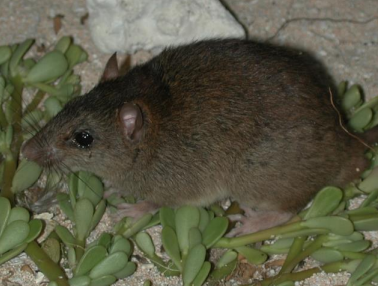
By the next morning, our little brown rat’s extinction was in headlines across every major international news outlet—even bulletins in British and US morning TV shows. The US comedian and host of The Late Show, Stephen Colbert, did a long monologue about the first mammal extinction as a result of climate change that reached millions.
But the Bramble Cay melomys is also emblematic of the failure of Australia’s national environmental laws. This animal had a recovery plan and if anyone had bothered to implement any of it, the species wouldn’t have gone extinct. Its extinction has just as much to do with the failure of political leadership as it does with climate change.
If effective recovery plans and protections are not put in place, some of Australia’s most iconic animals could become extinct. Here are just six of the animals in need of urgent care. Since the Bramble Cay melomys went extinct, 140 plants and animals have made it onto, or moved up the threatened species list toward extinction.
Extinction is a choice!
Biodiversity loss in Australia
How you can help
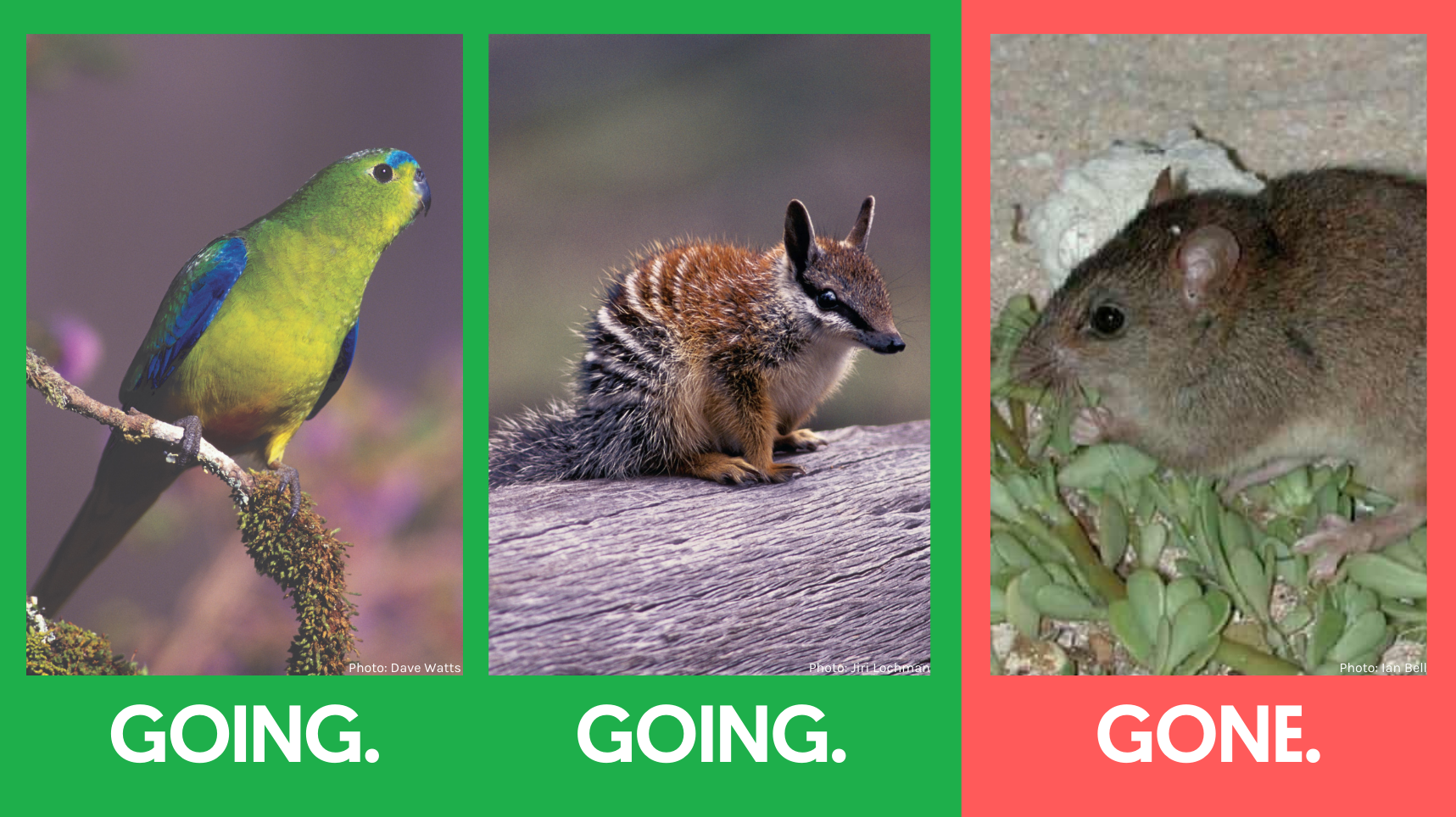
For our most vulnerable animals, being put on Australia’s threatened species list is a death sentence. Instead of saving them from extinction, government inaction is allowing our unique and iconic wildlife to slip further towards oblivion. And some have already been lost forever. It seems unbelievable, but on 11/02/22 the government officially listed the koala as Endangered in Queensland, NSW and the ACT. Without fundamental change to the system, the koala stands to go the same way as the Bramble Cay melomys.
The current system is failing us, and it’s failing our wildlife. But it doesn’t have to be this way. The independent review of Australia’s main environment law, released in late January 2021, identified the urgent reforms needed to reverse Australia’s appalling track record of protecting biodiversity.
Together, we’re working to get new nature laws in place to stop the country’s extinction crisis. With your help, we can stop the next Australian animal going the way of the Bramble Cay melomys.
